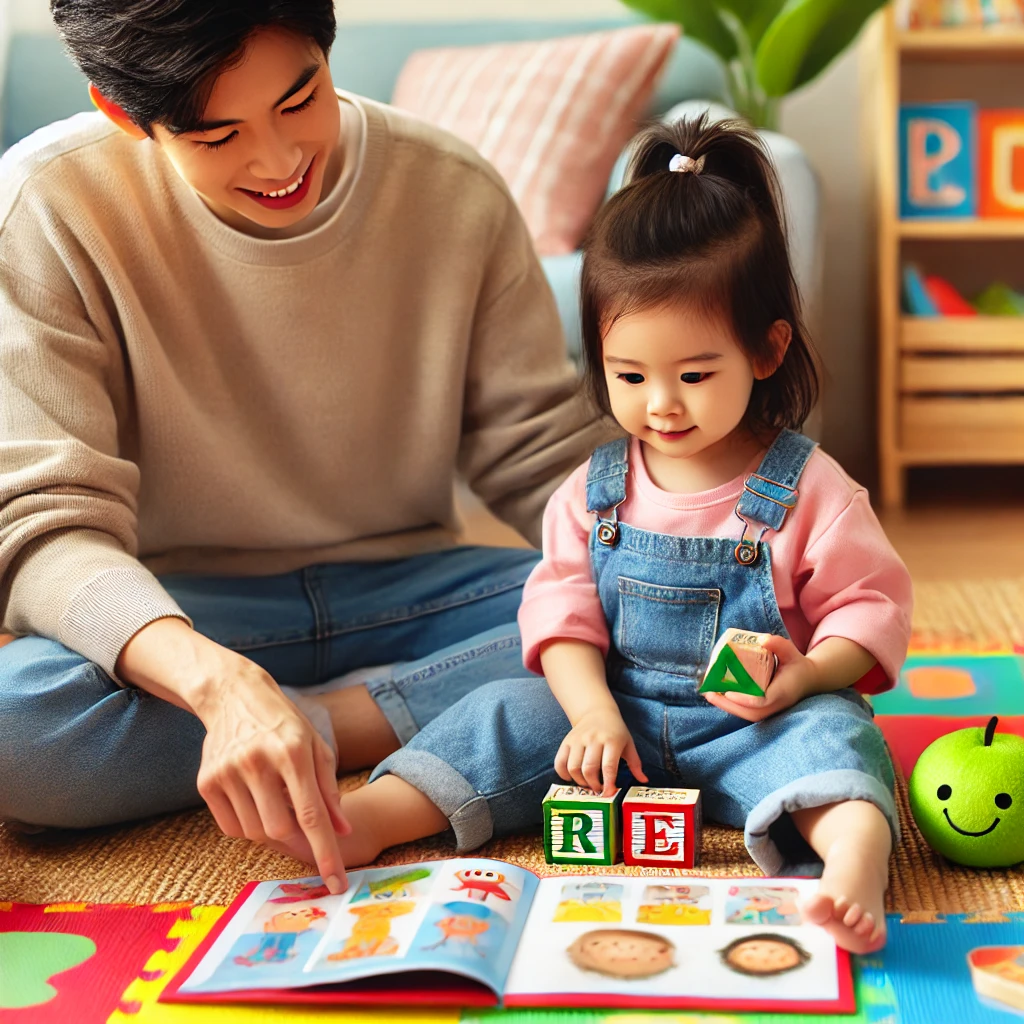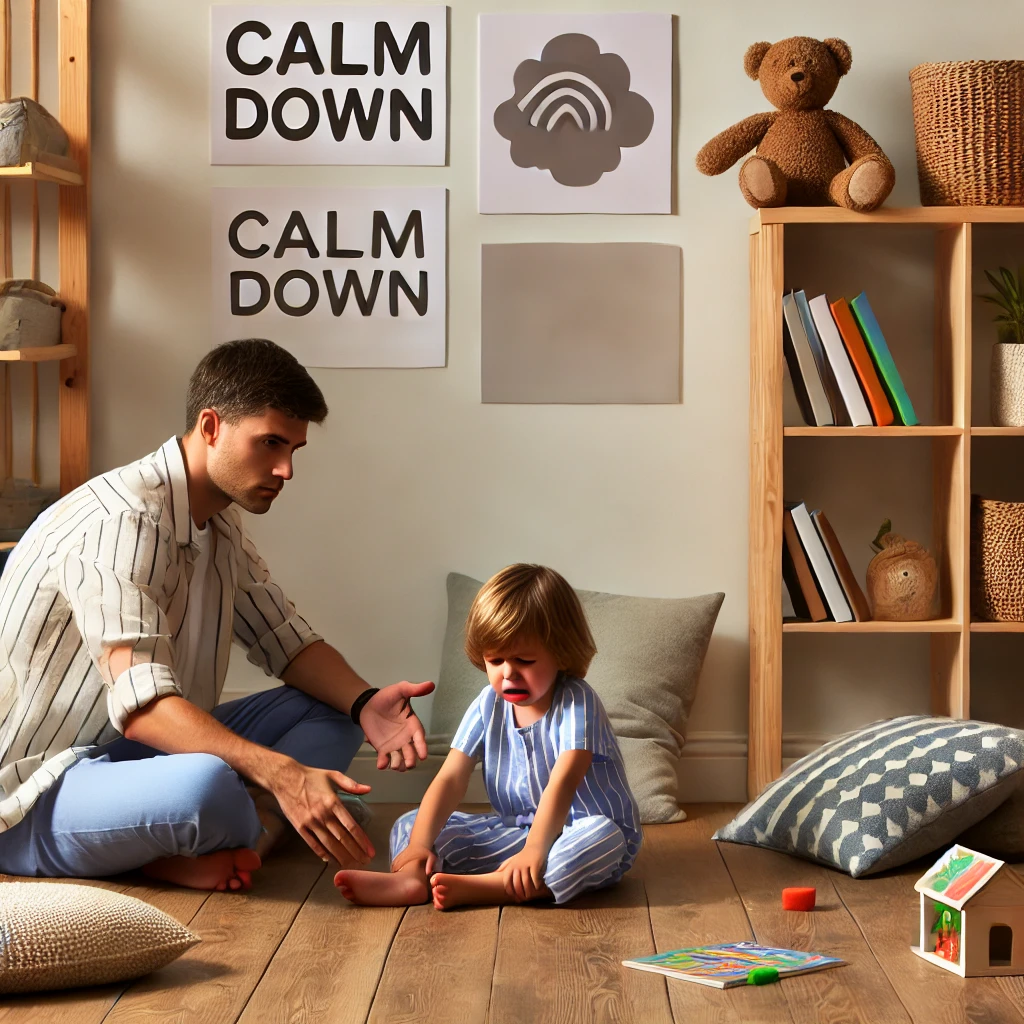Separation Anxiety: Helping Your Child Adjust to Play School
Understanding Separation Anxiety
Starting play school is an exciting milestone, but for many children, it can also bring anxiety and tears. Separation anxiety is a natural emotional response when young children feel uneasy about being away from their parents or caregivers. While it is a normal developmental phase, it can be distressing for both children and parents. The good news is that with patience, reassurance, and the right strategies, children can gradually become comfortable and confident in their new school environment.

Why Do Kids Experience Separation Anxiety?
Separation anxiety often stems from a child’s strong attachment to their parents or familiar surroundings. When introduced to a new setting like play school, they may feel uncertain or fearful. Some common reasons for separation anxiety include:
- Fear of the unknown – New faces, different routines, and unfamiliar surroundings can make children nervous.
- Strong attachment to parents – Young children often seek comfort and security from their caregivers.
- Limited previous separation experience – Children who have spent most of their time at home may find it harder to be away.
- Changes at home – Major life changes, such as moving to a new house or the arrival of a sibling, can intensify anxiety.
Signs of Separation Anxiety
Recognizing the signs of separation anxiety can help parents take early action to support their child. Common symptoms include:
- Crying excessively when parents leave
- Clinging tightly before school drop-off
- Refusing to go to school or expressing fear about being left alone
- Displaying anger, irritability, or tantrums before school time
- Changes in sleep patterns or appetite
- Complaints about stomachaches or headaches without any medical cause
How to Help Your Child Adjust to Play School
Helping your child overcome separation anxiety requires a combination of preparation, consistency, and emotional support. Here are some effective strategies:
1. Create a Goodbye Ritual
A simple and consistent goodbye routine can provide comfort and predictability. Whether it’s a hug, a high-five, or a special handshake, a short and sweet ritual helps children feel reassured that goodbyes are temporary.
2. Practice Short Separations
Before school starts, help your child get used to being away from you by arranging short separations with a trusted caregiver or family member. Gradually increasing the duration can ease the transition to school.
3. Talk About School Positively
Children absorb their parents’ emotions, so maintaining a positive and enthusiastic attitude about play school can help. Talk about the fun activities, new friends, and exciting learning experiences they will have.
4. Read Books About School and Separation
Stories featuring characters going through similar experiences can make separation anxiety more relatable and less intimidating. Books like Llama Llama Misses Mama by Anna Dewdney or The Kissing Hand by Audrey Penn can be helpful.
5. Introduce Familiarity
Visit the school with your child before their first day. Let them meet the teachers, explore the classroom, and see the play areas. The more familiar they are with the environment, the more comfortable they will feel.
6. Allow Them to Bring a Comfort Object
A small stuffed toy, a favorite blanket, or even a special bracelet from home can offer reassurance and help children feel secure in the new setting.
7. Keep Goodbyes Brief and Confident
Lingering too long or displaying sadness can make parting harder. Keep your goodbyes short, cheerful, and confident to show your child that they are safe and loved.
8. Encourage Friendships
Help your child feel excited about making new friends. Arrange playdates with classmates if possible, so they feel more comfortable at school.
9. Reassure Them That You Will Return
Use clear and simple language to let your child know when you will pick them up. Saying, “I will come after snack time” instead of “later” can help them understand time in a familiar way.
10. Acknowledge Their Feelings
Instead of dismissing their fears, validate their emotions by saying, “I know you feel sad when I leave, but I will be back soon.” Helping them express their feelings can make the transition smoother.
Activities to Try at Home
Engaging in playful activities can make the idea of separation less intimidating. Try these fun and effective activities:
1. Pretend Play
Use dolls, action figures, or stuffed animals to act out a school scene. Let your child play the teacher or the student to help them visualize what a school day looks like.
2. Separation Game
Hide behind a door and pop out after a few seconds, gradually increasing the time to help them learn that separations are temporary and you always return.
3. Storytelling About School
Create a story where their favorite toy or cartoon character goes to play school, has fun, and returns home happily.
4. Encourage Independence
Give your child small tasks to complete independently, like putting on their shoes or choosing their outfit, to build their confidence in handling new experiences.
5. Daily Countdown Chart
Use a countdown calendar to help them anticipate school days and look forward to activities.
Eiglewings Kids Pre School’s Special Separation Anxiety Program
At Eiglewings Kids Pre School, we understand that separation anxiety can be challenging for both children and parents. That’s why we have designed a special transition program to help kids adjust smoothly and confidently. Our program includes:
- Gentle Acclimatization Sessions – Shortened school hours at the beginning to help kids feel comfortable.
- Parental Involvement Days – Parents can participate in activities to ease their child’s transition.
- Interactive Play & Storytelling – Engaging activities that build confidence and reduce fear.
- Emotional Support Strategies – Our trained educators provide one-on-one attention to help each child feel secure.
- Comfort Corners – A safe space where kids can relax with familiar toys and sensory materials.
With Eiglewings Kids Pre School’s supportive approach, your child will gain confidence, make friends, and develop a love for learning. Enroll today to give your child a smooth and happy transition to play school!
When to Seek Professional Help
While separation anxiety is common, extreme cases that persist for months may require professional guidance. If your child’s anxiety is severe and affects their daily well-being, consult a child psychologist or school counselor for support.
Final Thoughts
Helping your child adjust to play school takes time, patience, and consistency. By using positive reinforcement, practicing short separations, and providing emotional support, you can make the transition smoother. Remember, every child adapts at their own pace, and with the right approach, they will soon embrace their play school experience with confidence and joy.
For more information on how Eiglewings Kids Pre School can support your child’s transition, visit our website or contact us today!


